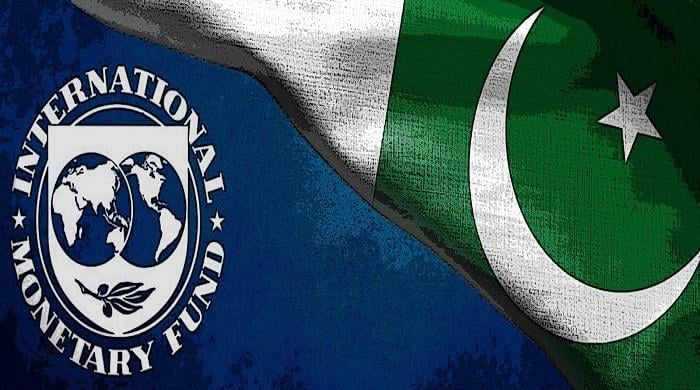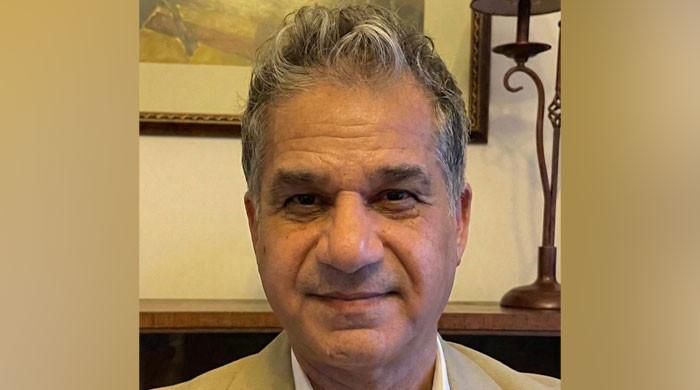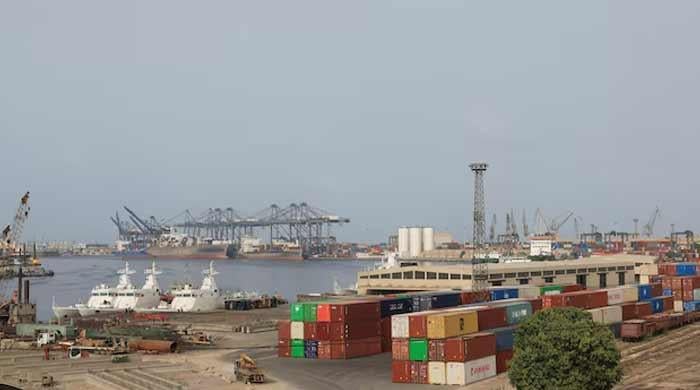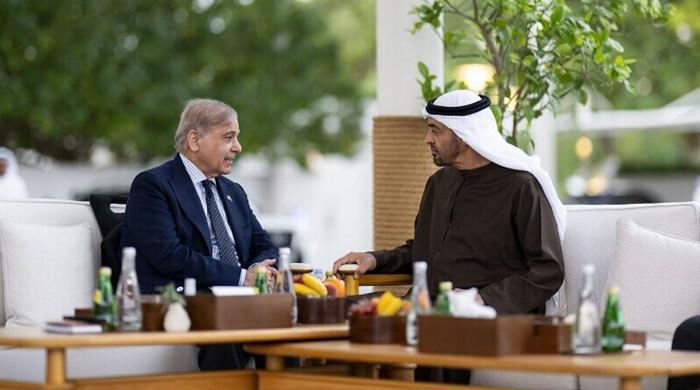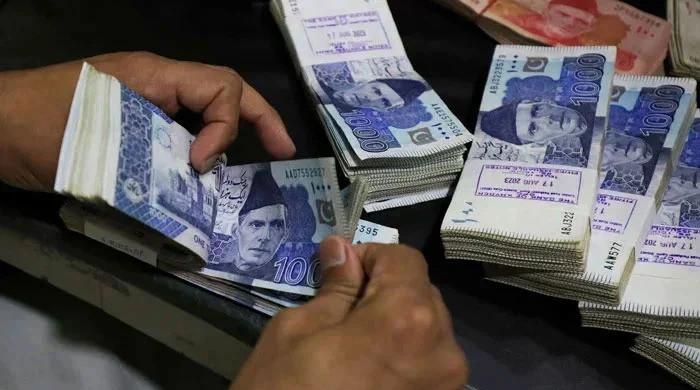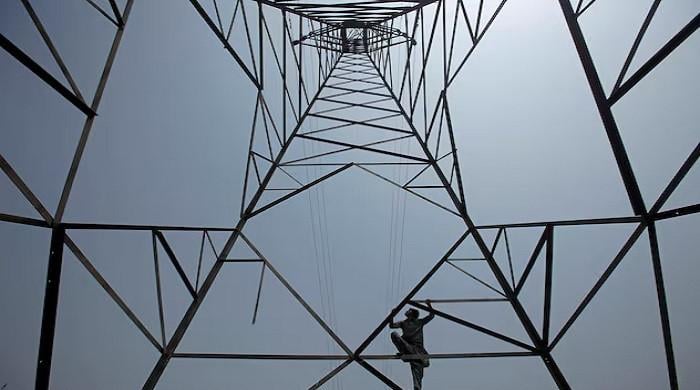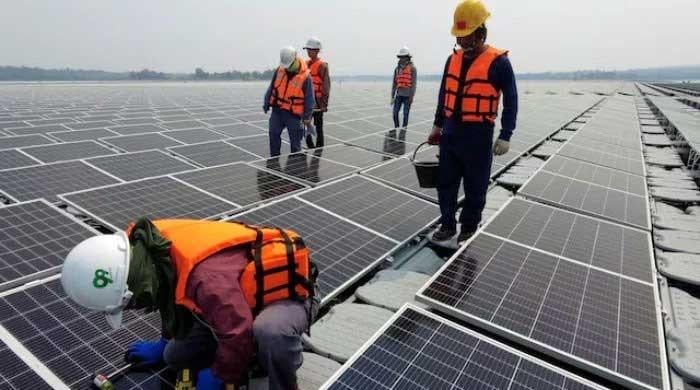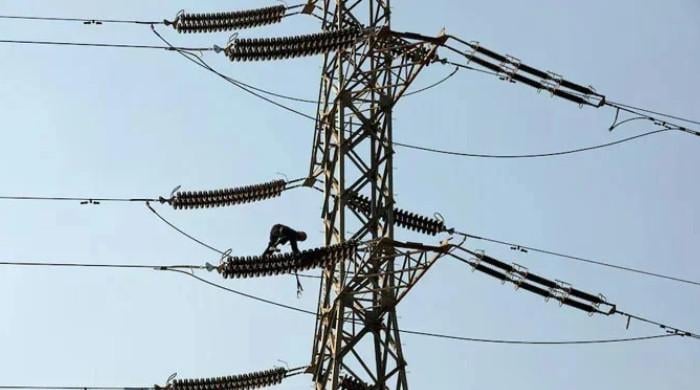IMF raises objection on govt's decision to impose import ban on luxury items
IMF also objects that govt moved ahead just prior to the initiation of scheduled talks with the Fund mission
May 21, 2022
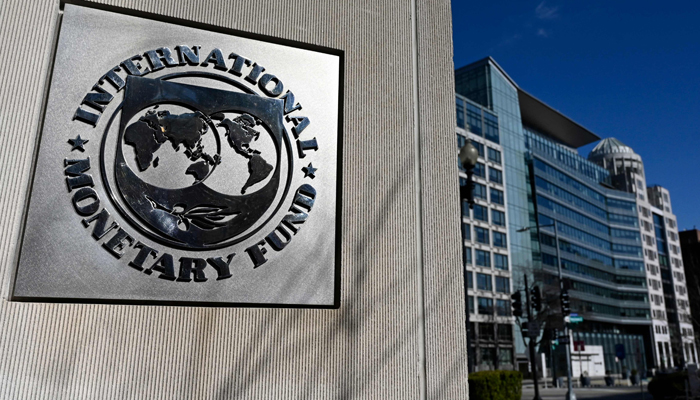
- Govt requires a subsidy of Rs139b on a per annum basis for electricity.
- IMF also objects that govt moved ahead just prior to the initiation of scheduled talks with the Fund mission.
- Official sources say govt has agreed to hike POL, electricity prices in a staggered manner.
ISLAMABAD: The International Monetary Fund (IMF) has raised objections over a breach of continuous performance criteria under the $6 billion Extended Fund Facility (EFF) where Islamabad was bound that it would not "impose or intensify import restrictions for balance of payments purposes", The News reported.
Under the performance criteria, it was agreed that during the programme period, Pakistan will not impose or intensify restrictions on the making of payments and transfers for current international transactions, introduce or modify multiple currency practices (MCPs) excluding those arising from the introduction and/or modifications of the multiple-price foreign exchange auction system operating in line with IMF staff advice with the objective of supporting flexible market-determined exchange rate, conclude bilateral payment agreements that are inconsistent with Article VIII of IMF Articles of Agreement, and impose or intensify import restrictions for balance of payments purposes.
According to sources, the IMF raised objections over the government's move to impose a ban on the import of luxury items as it publicly announced that it would help reduce import bill by $4 to $6 billion per annum.
Read more: Finance minister hopeful of quick economic turnaround
The World Trade Organisation (WTO) and the IMF opposed moves to restrict trade and create any kind of distortions in the trade regime.
There is a defined criterion for placing temporary restrictions on those countries facing a severe balance of payment crises. The IMF also objected that the government moved ahead just prior to the initiation of scheduled talks with the Fund mission and preferred to move ahead without proper consultations.
Pakistan needs Rs1.4tr in subsidies
Pakistan requires Rs1,416 billion in subsidies for keeping the petroleum prices unchanged on an annual basis at the prevalent existing prices in the international market, the International Monetary Fund (IMF) estimated, noting that Islamabad has to reverse fuel subsidies for achieving fiscal prudence.
Read more: Which items has the government banned?
According to the publication, the government requires a subsidy of Rs139 billion on a per annum basis for electricity.
"The government has agreed to hike POL and electricity prices in a staggered manner and hiking of POL products and electricity prices will be finalised during the policy-level discussions between Minister for Finance Miftah Ismail and the IMF mission chief talks in Doha (Qatar) next week," top official sources confirmed while talking to The News.
Cash bleeding power sector
On the cash bleeding power sector, the government is considering hiking power tariffs for all those consumers who are using electricity units of more than 300 units on monthly basis.
The full cost of recovery from the users of over 300 units is under consideration but the government is contemplating options to reduce political cost attached to the implementation of this proposal, said the official.
For the revival of stalled $6 billion programmes of the IMF, Pakistan has been left with no other options but to hike the POL and electricity prices because the fiscal prudence did not allow the continuation of unfunded subsidies for the next fiscal year. The government will have to place a targeted subsidy for selected segments of the society.
Fiscal hole
According to the sources, Dr Abid Qaiyum Suleri, Executive Director SDPI, made a presentation before the Macro-Economic Advisory Group during the tenure of the last PTI-led government in its meeting held on February 17, 2022, which was vetoed by then ministers on political grounds and then granted approval to the blanket subsidy on POL products and electricity on February 28, 2022. It resulted in creating a fiscal hole of Rs118 billion on the existing pricing in May 2022.
Read more: PM Shehbaz 'requests' business community to present solutions to Pakistan's economic woes
The Ministry of Finance sources said that Dr Suleri, in his proposal, stated that the increasing prices of petrol, as well as the growing demand pressures on a restricted supply chain, are resulting in high inflationary impacts for lower-income and low-middle income earners.
To provide relief, the government is supplying subsidised petrol and often turns down the OGRA proposals for an increase in fuel prices. However, a section of the media and opposition parties don’t recognise this gesture. There is another angle to this situation.
In Pakistan, 15 million motorcycles (and tri-wheelers) consume 35-40% of petrol. It implies that almost half of the government’s subsidised petrol is being used by consumers who may afford it at higher prices.
To provide maximum relief to the motorcycle/tri-wheeler drivers, he stated it is proposed to provide them cash subsidy whenever the petrol price goes beyond a certain threshold for a fortnight, using the Ehsaas Ration Raayat programme mechanism.
Read more: When will govt present federal budget 2022-23?
Following are the key objectives of the scheme:
- Effective use of petroleum subsidy
- Improve the purchasing power of targeted beneficiaries to buy petrol
- Reduce any room for foul play and ensure transparency
Mechanism: Under the scheme, targeted beneficiaries would be paid cash subsidy through Ehsaas/Ehsaas plus card whenever the petrol prices go beyond a certain threshold for a fortnight (This threshold should be determined in consultation with the Ministries of Petroleum and Finance). The subsidy would be directly transferred into the bank accounts of the consumer following the mechanism of the Ehsaas Ration Programme.
How will it work? All motorbike/tri-wheeler owners are eligible for this direct transfer programme, provided their monthly income falls below a certain threshold (Threshold to be determined in consultation with BISP). CNIC would be key for this purpose. Target beneficiaries can check their status of eligibility by texting their CNIC number at 8171.
Information of motorbikes registered against any CNIC would be available through the vehicle registration department (excise and taxation), while the well-being score of CNIC holders will be available through the national socio-economic registry at BISP. Only one motorcycle/rickshaw would get a cash subsidy if more than one motorcycle/tri-wheelers are registered against a CNIC. The consumers who are previously not eligible for an Ehsaas Programme like government employees will be able to apply for the Petrol Kafalat Programme.
Read more: Govt likely to withdraw subsidies before Monday
The amount allowed will be calculated based on the average fuel consumption permissible for subsidy for each household. For e.g., (this can be finalized in consultation with the petroleum ministry) cash amount equivalent to 2 tank fills for a motorcycle of 125cc, 1.5 full fills for a motorcycle of 70cc, and three full fills for a rickshaw driver per fortnight may be eligible for subsidy.
The consumer will pay full price at the petrol stations, and the amount of calculated subsidy will be transferred directly to the bank account. The government would still have the option not to pass on the full OGRA recommended fuel rates to consumers, so that the owners of vehicles below 1000cc may be protected against fuel price hikes, he concluded.




